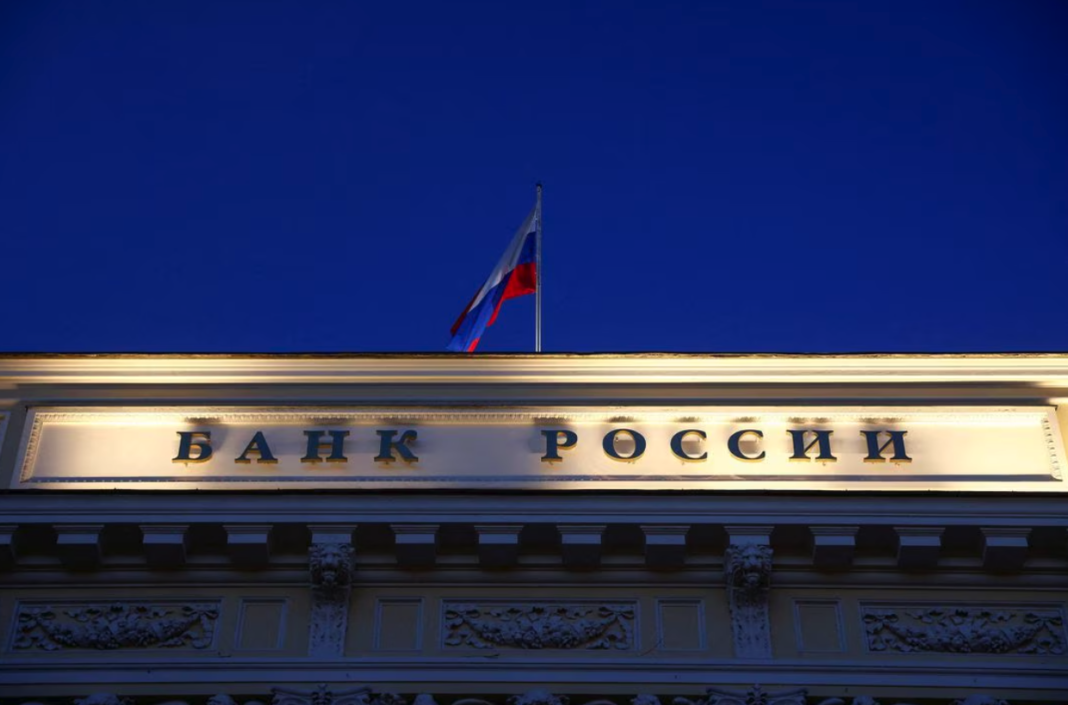VTB Bank, Russia’s second-largest lender, announced last week that it would more than double the number of countries to which retail clients can transfer funds, with Turkey as one of the key new destinations. Moscow and Ankara are poised to deepen their financial relationship by facilitating the flow of Russian money into the Turkish financial system, undermining the effectiveness of international sanctions against the Putin regime. By Sinan Ciddi in Foundation for Defence of Democracies on June 21, 2023.
VTB Bank currently offers retail money transfer services for 11 countries but plans to expand to 25. VTB Bank Deputy President-Chairman Anatoly Pechatnikov said, “The key destinations in the outlook of this year will be India and Turkey, with whom our country has established partnership relations and where the tourist flow is now directed.”
The U.S. Treasury Department sanctioned VTB Bank in February 2022 in response to Russia’s invasion of Ukraine. The European Union followed suit soon thereafter, cutting off the bank from the SWIFT international financial messaging system and then imposing a full transaction ban.
However, Turkish President Recep Tayyip Erdogan has refused to join Western sanctions against Russia, insisting that he seeks a “balanced relationship” with Moscow. Although Ankara has supplied military equipment to Ukraine, Erdogan is keen to maintain strong economic ties with Russia.
Russian-Turkish trade doubled from $34.73 billion in 2021 to $68.19 billion last year. Turkey depends on Russia for 40 percent of its natural gas supply. The Akkuyu Nuclear Power Plant — built, owned, and operated by Russia — will meet 10 percent of Turkey’s electricity needs once all four reactors come online. In October, Erdogan reportedly asked Putin to build a second plant in the country. Russian tourism and imports of Turkish agricultural goods are also important sources of income for Turkey. Erdogan does not want to jeopardize this important economic relationship by imposing sanctions.
As a result, Turkey has emerged as a top destination for Russian oligarchs and companies looking to evade Western sanctions. Following the 2022 invasion of Ukraine, Russian oligarchs docked at least 32 yachts in Turkish waters to avoid seizure under international sanctions. This is in addition to the over 1,300 companies Russians established in Turkey in 2022, flocking to the country to preserve access to global markets. Turkey has also been a key transshipment point for Russian firms looking to circumvent Western export controls on dual-use goods, such as microelectronics.
Under heavy pressure from Washington, Turkish authorities have taken some steps to curtail Russian sanctions evasion. Last year, several state-owned Turkish banks suspended their use of Moscow’s MIR payment system. In March, mediareports indicated that Ankara had instructed Turkish companies not to transship sanctioned goods to Russia.
However, VTB Bank’s announcement signals that Ankara is preparing to allow further inflows of Russian capital into the Turkish banking system. This could provide an avenue for Russian companies and oligarchs to evade sanctions.
The United States must preemptively communicate clearly to Turkey that helping Russia evade sanctions puts those banks at risk of U.S. secondary sanctions. Washington should also stress that, with Congress already angry with Ankara over its continued delay in ratifying Sweden’s accession to NATO, further Turkish connivance in Russian sanctions evasion will jeopardize Ankara’s efforts to purchase F-16 fighter jets.
Sinan Ciddi is a non-resident senior fellow at the Foundation for Defense of Democracies (FDD).
By Sinan Ciddi in Foundation for Defence of Democracies on June 21, 2023.

